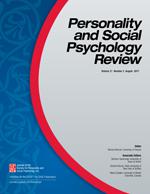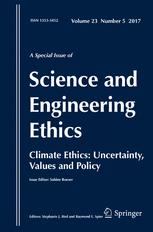 The São Paulo Research Foundation (FAPESP), a state-level agency in Brazil that funds scientific research, is suing Paty Karoll Picardi, a protégé of Brazilian diabetes researcher Mario Saad.
The São Paulo Research Foundation (FAPESP), a state-level agency in Brazil that funds scientific research, is suing Paty Karoll Picardi, a protégé of Brazilian diabetes researcher Mario Saad.
According to a São Paulo Court of Justice website, the reason stated is for “recebimento of bolsa de estudos,“ which translates to “receipt of scholarship.” FAPESP is suing for 334,116 Brazilian Reals ($102,927).
Now, Picardi is counter-suing, according to a case document released Nov. 17 — although we’re not sure for what, and why. Continue reading Brazil research foundation sues scientist over $103k scholarship




 Can seeing a weapon increase aggressive thoughts and behaviors?
Can seeing a weapon increase aggressive thoughts and behaviors?  In one of the largest such requests we’ve ever heard of, the World Health Organization has asked 46 journals to correct articles that refer to a bone fracture risk diagnostic tool as developed or endorsed by the WHO.
In one of the largest such requests we’ve ever heard of, the World Health Organization has asked 46 journals to correct articles that refer to a bone fracture risk diagnostic tool as developed or endorsed by the WHO.